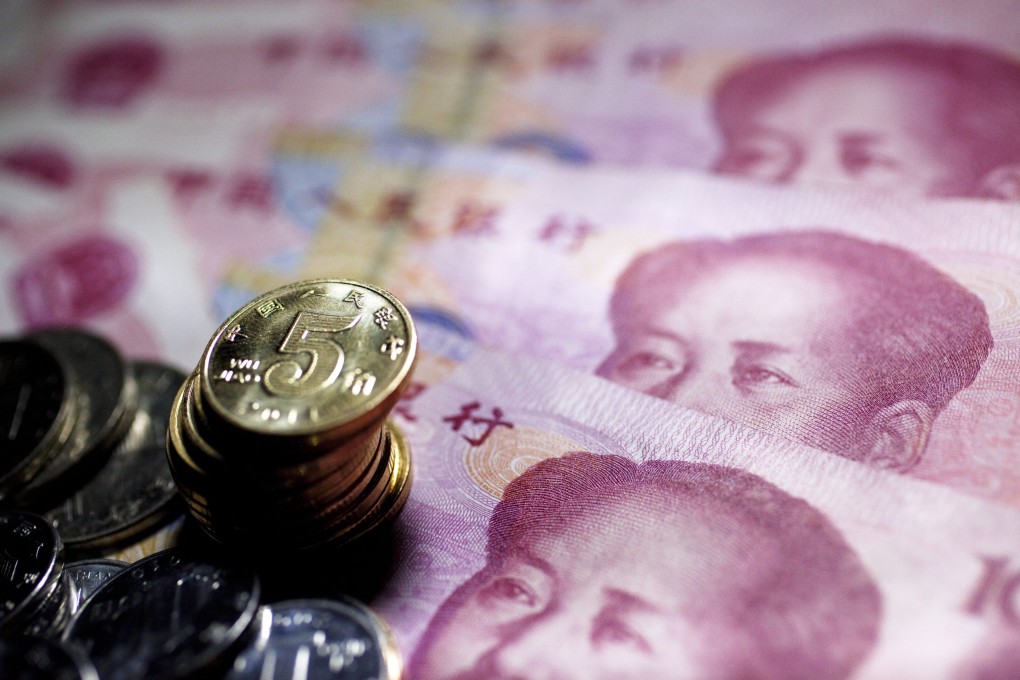Macroscope | Why a currency war is the last thing China needs

Currency wars are likely to remain a fixture of the world’s economic backdrop, especially if global growth remains lacklustre.
Game Theory shows that even rational governments have strong incentives to engage in currency wars, even though they are negative sum games with a lose-lose outcome when everyone is involved.
Some analysts are predicting a 10 per cent devaluation of the yuan in the coming year, which is an important tail risk given weakness in the euro and yen.
Devaluation would not be the best option for China. On balance, Beijing’s rational policy response would be for it to resist joining a currency war. The recent change in the yuan’s daily fixing regime is not a harbinger for a devaluation.
If the global economy fails to regain healthier growth, a currency war will likely prevail because in a world of feeble growth and insufficient policy levers to boost aggregate demand, currency devaluation can be a useful tool to stimulate growth.
But in competitive devaluation, one country gains at the expense of the other. The resultant increase in foreign exchange (FX) volatility will raise the cost of international trade and investment, leading to contraction in capital flows and global growth and, thus, a lose-lose outcome.
